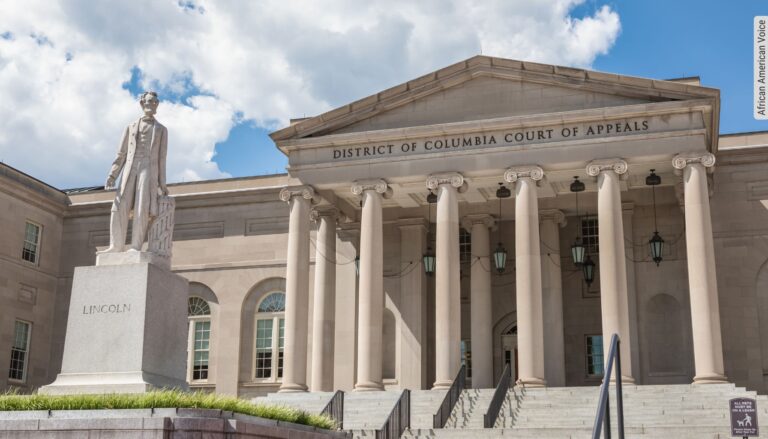
by
Protests erupted in South Korea’s capital, Seoul, where demonstrators clashed with soldiers and police following President Yoon Suk Yeol’s declaration of martial law. However, Yoon’s government has lifted the martial law he imposed during a tense night of political drama, in which troops surrounded parliament and lawmakers voted to reject military rule.
The controversial order, granted military authorities sweeping powers over governance and sparked widespread opposition and is drawing concerns in the United States, where President-elect Donald Trump has expressed plans to invoke a similar Insurrection Act if reelected.
The U.S., a key ally of South Korea, expressed serious concerns about the developments.
Martial Law Sparks Political and Civil Chaos
Inside South Korea’s National Assembly, lawmakers voted unanimously to revoke Yoon’s martial law declaration, invoking constitutional authority that requires the president to comply with their decision.
In a televised address, Yoon initially defended the move as necessary to “defend the free Republic of Korea” and claimed it targeted “pro-North Korean anti-state forces.”
He accused the opposition Democratic Party of obstructing his policies, including budget approvals and cabinet appointments, to destabilize the country.
Protesters demanded an end to martial law outside the Assembly and called for Yoon’s resignation. Chants of “End martial law!” filled the air as armed troops withdrew from the parliament building. The crisis marked the first imposition of martial law in South Korea in 1980, when the nation used it during a military dictatorship.
U.S. Concerns Over Executive Power and the Insurrection Act
The South Korean crisis has been reverberating in America, where Trump’s reported plans to invoke the Insurrection Act have reignited debates over executive power. The Insurrection Act, originally enacted in 1792 and last updated in 1874, allows a president to deploy the military domestically in cases of rebellion, civil unrest, or obstruction of federal law.
While the act is intended for extraordinary circumstances, critics argue its vague language creates significant potential for abuse, particularly from a president who has vowed to be a dictator on day one of his new term. One provision empowers the president to use military force or “any other means” to address any “unlawful combination or conspiracy” that interferes with federal law. Legal experts warn that this broad discretion could enable a president to justify military deployments for almost any domestic issue.
Adding to the concern, the U.S. Supreme Court has ruled that the courts cannot review a president’s decision to invoke the act. Congress can only counter such a decision by passing legislation to end the deployment, requiring a two-thirds majority to override a presidential veto.
Sen. Richard Blumenthal (D-Conn.) has introduced legislation to reform the act, describing it as a “giant loophole” in democratic safeguards.
Source: Published without changes from Washington Informer Newspaper








